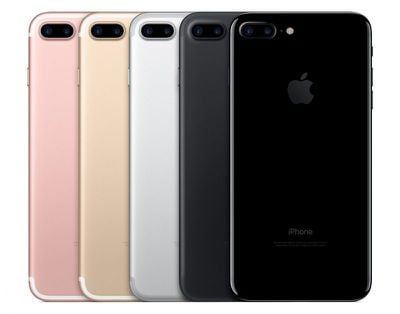Next year's version of the iPhone X could feature up to 10 percent more battery power if Apple and LG Chem are able to deploy a one-cell design for the device's L-shaped battery, as opposed to the two-cell battery used in the iPhone X, according to a report from KGI Securities analyst Ming-Chi Kuo that was obtained by MacRumors.
Kuo says the more space efficient one-cell design would allow Apple to boost battery capacity from 2716 mAh in the iPhone X to somewhere between 2900 and 3000 mAh for next year's 5.8-inch iPhone.
As he previously claimed, Kuo believes Apple will release three new iPhones with TrueDepth cameras next year: a larger 6.5-inch OLED model that can be thought of as an "iPhone X Plus", a 5.8-inch OLED successor to the iPhone X, and a 6.1-inch LCD model. Today's report says that Apple is likely to use a two-cell battery design in the 6.5-inch model, but the larger size of the device will still allow it to have a capacity in the range of 3300 to 3400 mAh.
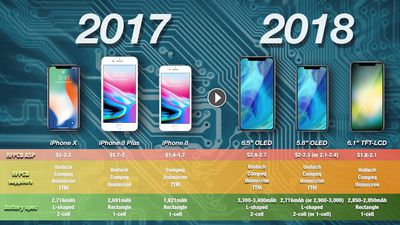
Two new 2H18 iPhone models could adopt L-shaped battery (6.5” & 5.8” OLED models), with capacity upgraded for all models. In order to extend battery life, we believe it is necessary to expand battery capacity because all three new 2H18 models will be equipped with TrueDepth Camera, which consumes more power. We think Apple (US) is developing a 1-cell L-shaped battery in collaboration with LGC (KR). If the new battery enters mass production on time, the 5.8” OLED iPhone model will come with a battery with larger capacity (2,900-3,000mAh with higher RFPCB ASP $2.1-2.4). For the 6.1” LCD model, we expect Apple to keep the rectangular battery design to keep a better cost structure, and we expect capacity could be larger than those of the iPhone 8 series.
Some observers were surprised to see a two-cell battery inside the iPhone X when it was opened up by iFixit just after its launch, but there are technical challenges involved in producing non-rectangular battery cells, challenges Apple was unable to overcome in time for the iPhone X.
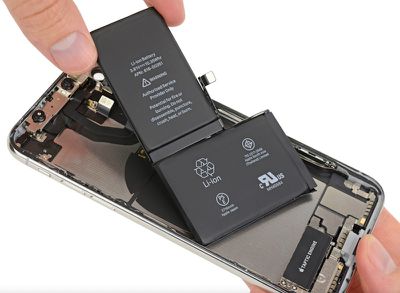
With device space at a premium and a number of power-hungry components like the TrueDepth camera, however, it's unsurprising that Apple and its supply chain partners are pushing forward to develop a one-cell design to provide more battery capacity within the same volume.



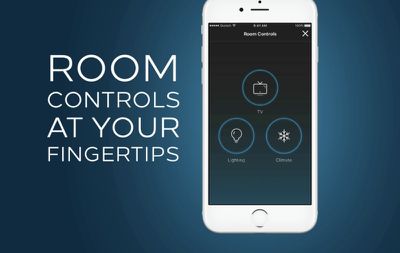

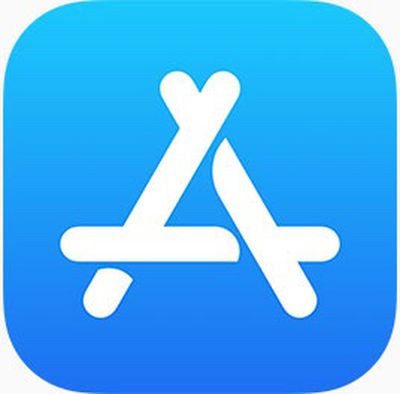 Starting in early 2018, Apple users in Brazil will pay for purchases from the App Store, iTunes Store, and iBooks Store using the Brazilian real instead of the dollar. The Brazilian real will also be used for Apple Music subscriptions and iCloud storage charges.
Starting in early 2018, Apple users in Brazil will pay for purchases from the App Store, iTunes Store, and iBooks Store using the Brazilian real instead of the dollar. The Brazilian real will also be used for Apple Music subscriptions and iCloud storage charges.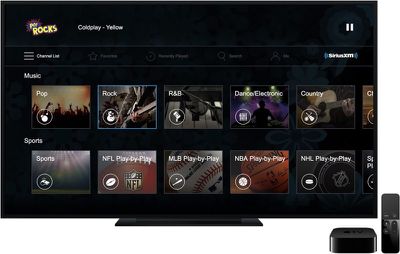
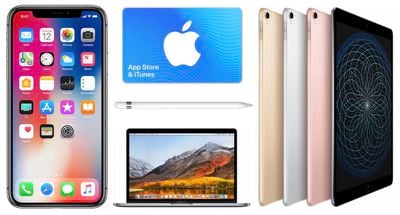 Note: MacRumors is an affiliate partner with these vendors. When you click a link and make a purchase, we may receive a small payment, which helps us keep the site running.
Note: MacRumors is an affiliate partner with these vendors. When you click a link and make a purchase, we may receive a small payment, which helps us keep the site running.


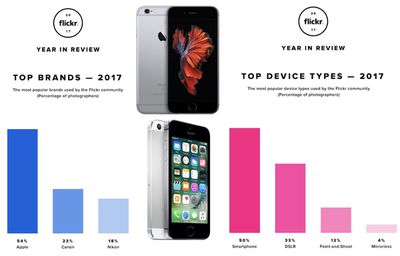


 Google has shuttered the Chrome Apps section of its Chrome browser web store, following through on an announcement the company made
Google has shuttered the Chrome Apps section of its Chrome browser web store, following through on an announcement the company made 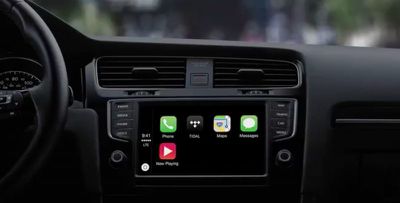
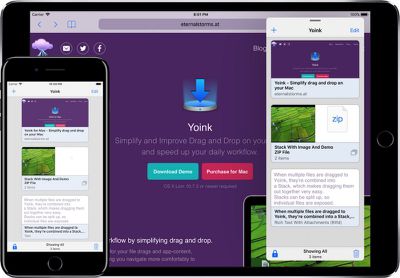
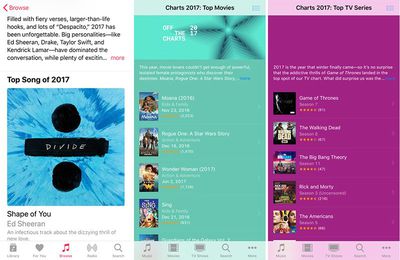

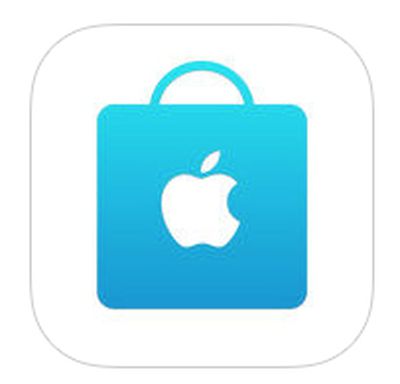 Apple today updated its Apple Store app to version 4.4, introducing iOS 11 enhancements and a new scanner feature for quickly adding your credit card information at checkout.
Apple today updated its Apple Store app to version 4.4, introducing iOS 11 enhancements and a new scanner feature for quickly adding your credit card information at checkout.